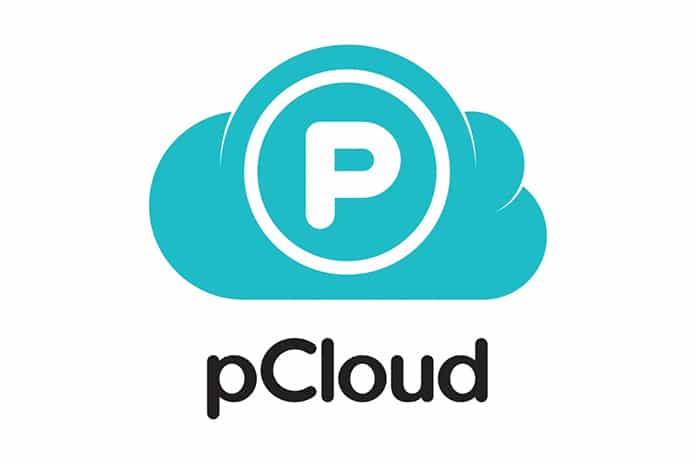

- ITEMS IN PCLOUD DRIVE CANNOT BE DELETED HOW TO
- ITEMS IN PCLOUD DRIVE CANNOT BE DELETED DOWNLOAD
- ITEMS IN PCLOUD DRIVE CANNOT BE DELETED FREE

Type the following command at the prompt: csrutil disable.Restart it while holding down Command-R to enter Recovery Mode.
ITEMS IN PCLOUD DRIVE CANNOT BE DELETED HOW TO
If you really need to disable SIP and understand the risks, here’s how to do it. However, make sure to re-enable it as soon as the issue is gone. If you know what you are doing and are certain that what you need to do won’t cause any problems with your Mac, it is safe to disable SIP.
ITEMS IN PCLOUD DRIVE CANNOT BE DELETED FREE
CleanMyMac X has lots of tools to help keep your Mac free from junk files and running smoothly, and Trash Bins is one of them. All these attached bins, including Gmail, can be emptied at once, using a module in a handy app called CleanMyMac X. Also, when you use a Gmail account in Mail or any other email client, messages you delete remain in a folder on your Mac. Disconnecting the drive doesn’t empty the Trash, and so it continues to take up space. Each hard drive or SSD you have connected has its own Trash. How to automatically force empty Trash on Mac The message can also pop up if you try to delete any other file protected by SIP. Time Machine backup files are protected by SIP, so if you try to drag them to the Trash and empty it, you may see the error message. The ‘Some items in the trash cannot be deleted’ error message most commonly appears when you manually delete Time Machine backups. That meant that if you downloaded malware and it gained root user status, it could do anything it wanted.įollowing the introduction of SIP, many applications and utilities that needed access to mission-critical files had to be modified so that they continued to work in a post-SIP world. Before the introduction of SIP, anyone or any process with root access could alter or delete any file on your Mac. It prevents the root user from modifying or deleting those files. System Integrity Protection (SIP) was introduced in macOS El Capitan as an extra layer of security for critical files on your Mac.

We’ll also show you how you can override the error message and force empty the Trash. There’s a very good reason that macOS won’t delete these files, as we’ll explain in this article. That means that macOS won’t delete the files in question, and they will remain in the Trash until you move them out. Occasionally, when you empty the Trash on your Mac, you may see the message ‘Some items in the Trash cannot be deleted because of System Integrity Protection’. But to help you do it all by yourself, we’ve gathered our best ideas and solutions below.įeatures described in this article refer to the MacPaw site version of CleanMyMac X.
ITEMS IN PCLOUD DRIVE CANNOT BE DELETED DOWNLOAD
On the other hand, if you decide to restore files through pCloud Rewind directly to your pCloud account, the restored files will take from your quota storage.So here’s a tip for you: Download CleanMyMac to quickly solve some of the issues mentioned in this article. Permanently deleted files CANNOT be recovered with EFH.ĭoes Extended File History take up from my storage quota?įile Revisions and deleted files do NOT count against your storage quota, with or without the EFH add-on. Important to note: Extended File History is not available directly, if you decide to purchase a Premium or Lifetime subscription from the App Store or Google Play.Ĭan I use Extended File History to restore permanently deleted files?

Extended File History (EFH) is available as a paid add-on to your pCloud account.īy default, you can recover files in pCloud from up to 30 days (Premium/Lifetime plan), or 15 days (Free plan) in the past.


 0 kommentar(er)
0 kommentar(er)
